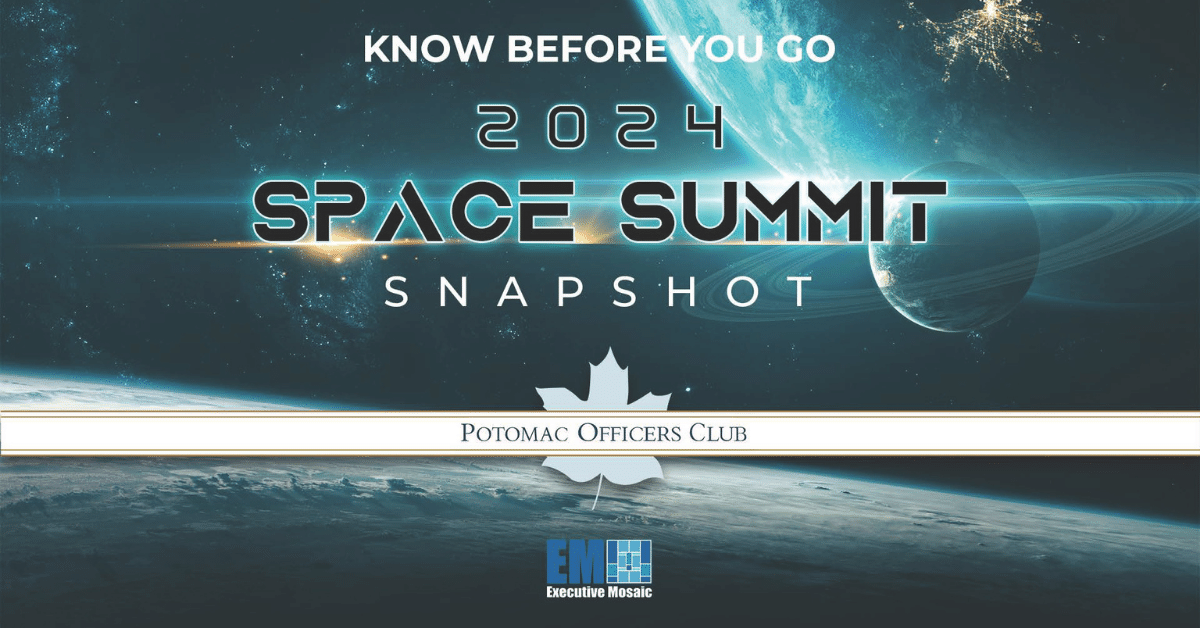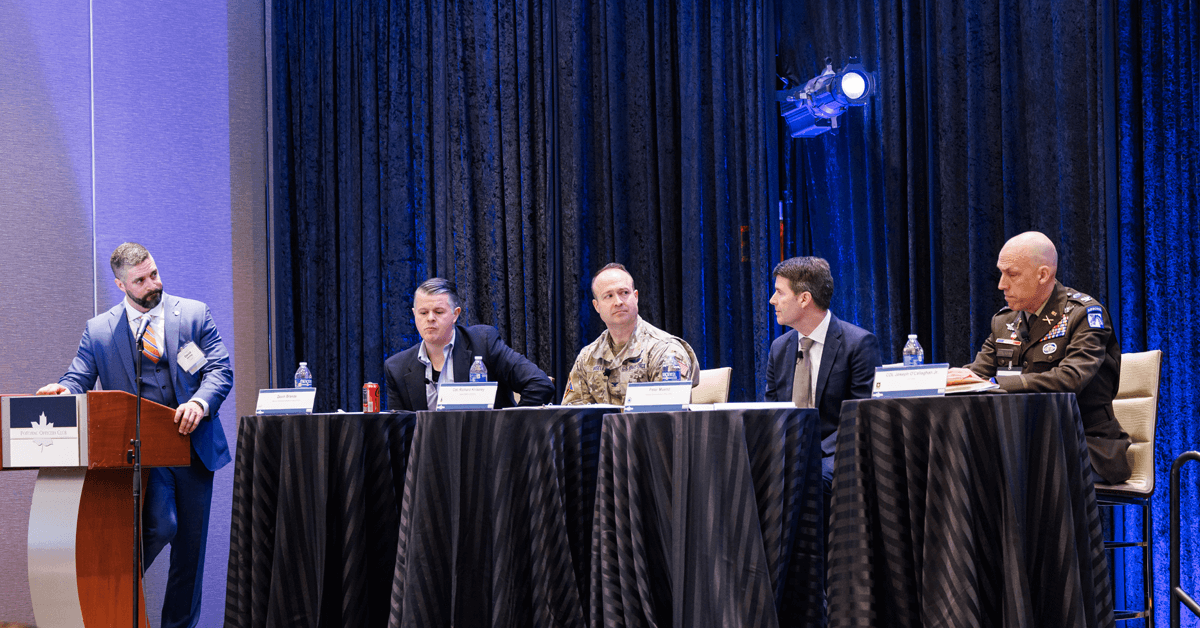The United States is in the midst of a global race to dominate the space domain, and to stay ahead, the federal government must accelerate its efforts to expand and deepen its space capabilities. U.S. officials have heavily emphasized the importance of collaboration in building and maintaining a competitive advantage in space, and contracts are a key component of fostering crucial partnerships.

Join us at the Potomac Officers Club’s 2024 Space Summit on March 5 to learn from public and private sector space experts who will come together to discuss the most pressing challenges and exciting opportunities in the evolving domain. Gen. Stephen Whiting, commander of the U.S. Space Command, a 2024 Wash100 Award winner and an outspoken proponent of government-industry partnerships, will kick off the event with an opening keynote address.
To learn more and register to attend the event, click here.
As competition in the space domain heats up, federal agencies have widened the variety of space contracts they are offering. Keep reading for a deep dive into three major space contract opportunities.
Luno A
Last month, the National Geospatial-Intelligence Agency announced its upcoming Luno A contract, a follow-on to the earlier Economic Indicator Monitoring data management contract. Valued at $290 million, the new indefinite-delivery/indefinite-quantity contract aims to acquire unclassified commercial GEOINT-derived computer vision and analytic service capabilities. The contract is focused on six key areas: general change detection, climate security and natural resources; feature identification; infrastructure and high cadence transportation network monitoring; facility monitoring; incidental and fortuitous processing; and emerging products, data and services.
NGA Director of Commercial Operations Devin Brande, who will speak at the 2024 Space Summit, said that as data quantity and quality increases, the agency “must continue to partner effectively with industry to keep pace with state-of-the-art analytic capabilities and meet the increasing demands of our customers.”
Defense Experimentation Using Commercial Space Internet
Department of Defense entities are currently looking to team with commercial space internet (CSI) providers to take advantage of their advanced capabilities. Through the upcoming $250 million Defense Experimentation Using Commercial Space Internet contract, the Air Force Research Laboratory aims to acquire multi-band satellite communications antennas that can be used on military aircraft. The contract requires these antennas to be able to communicate with multiple CSI constellations in several orbital regimes while interfacing with modems and transceivers that are being modified under other contracts. The AFRL hopes that this technology will address the use cases of specially-constrained, low-volume aircraft and/or Low-SWAP antennas for high-volume aircraft.
The 2024 Space Summit will feature two AFRL speakers: Jason Bryant, senior supervisory computer scientist, and Lt. Col. Thomas Nix, space nuclear power lead and senior military advisor for the organization’s spacecraft technology division.
Marshall Space Flight Center Logistics Support Services II
To advance its space exploration efforts, NASA has zeroed in on logistics, a key part of ensuring that any operation runs smoothly. Under its upcoming Marshall Space Flight Center Logistics Support Services II contract, which is valued at $212.6 million, the agency intends to procure logistics support services across a range of areas, such as equipment management, life cycle logistics and supply chain management and supply and materials management operations, among others.
NASA’s perspective will be represented at the 2024 Space Summit by Greg Heckler, director of the commercial communications services division within the agency’s Space Communications and Navigation program, and Peter Schemmel, deputy chief of the Glenn Research Center’s Space Communications and Navigation Office at NASA.
Interested in learning more about space contract opportunities? Click here to view additional information gathered by the Potomac Officers Club team.





